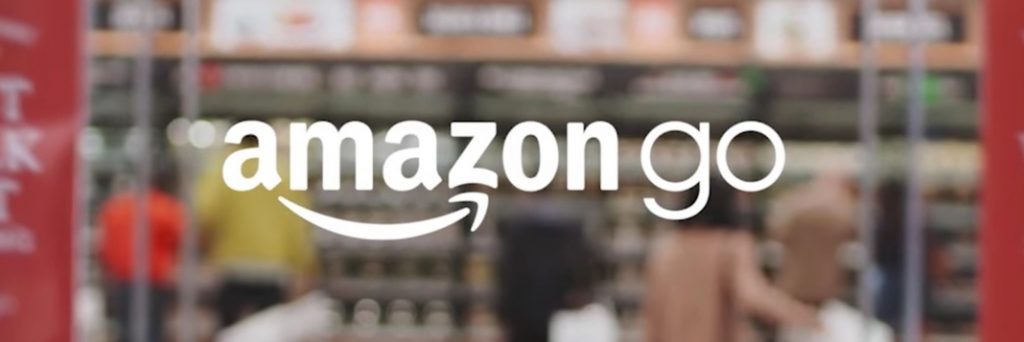After the emergence of Amazon Go, a cashier-less convenience store the e-commerce juggernaut recently opened in downtown Seattle, Northeastern University’s D’Amore-McKim School of Business explored the potential impact of automation on the future of commerce.
The simple concept behind Amazon Go is a streamlined mini-mart experience in which customers “scan their smartphones with an app [and] grab what they want.” DMSB Associate Professor of Marketing Strategy and Managerial Decision-Making Bruce Clark discussed the implications of what New York Magazine dubbed the “automated 7-Eleven killer.”
“Unless you have an Amazon Go next door to your store, I’m not sure this is a big deal. It’s not clear to me the customer experience of an Amazon Go store is sufficient to make me walk past the local 7-Eleven. Geography is destiny in this sense: where you have more convenient stores, you will do well. A longer-term threat might be if Whole Foods went cashier-free and you had a Whole Foods next to your convenience store.”
Clark is quick to point out that AI more commonly automates pieces of jobs rather than entire gigs and cites the advent of the ATM in the late 1960s and ’70s as a key example.
“Despite widespread adoption of ATMs, employment of bank tellers increased over much of the past three decades. The driving factor was that while a given bank branch might require fewer tellers, that reduction in labor costs meant that banks could open more branches, offsetting the loss at any given branch. Tellers’ jobs in turn became more like that of a customer service representative rather than a paper- and currency-pusher.”
Clark remains cautiously optimistic about the future of retail, according to reports.
“The common thinking is that over time, human jobs will evolve toward processes at which humans remain better value, notably in emotional intelligence and physical dexterity. Retail employees will find their jobs increasingly specified in those terms. You’re either interacting with customers or efficiently managing the stocking and layout of a store. Employees who excel in these areas should be okay.”
But perhaps less so about the future of employment across the board. “All that said, I’m not sure any of us should be assuming we will have stable, well-paid employment in the future.”
